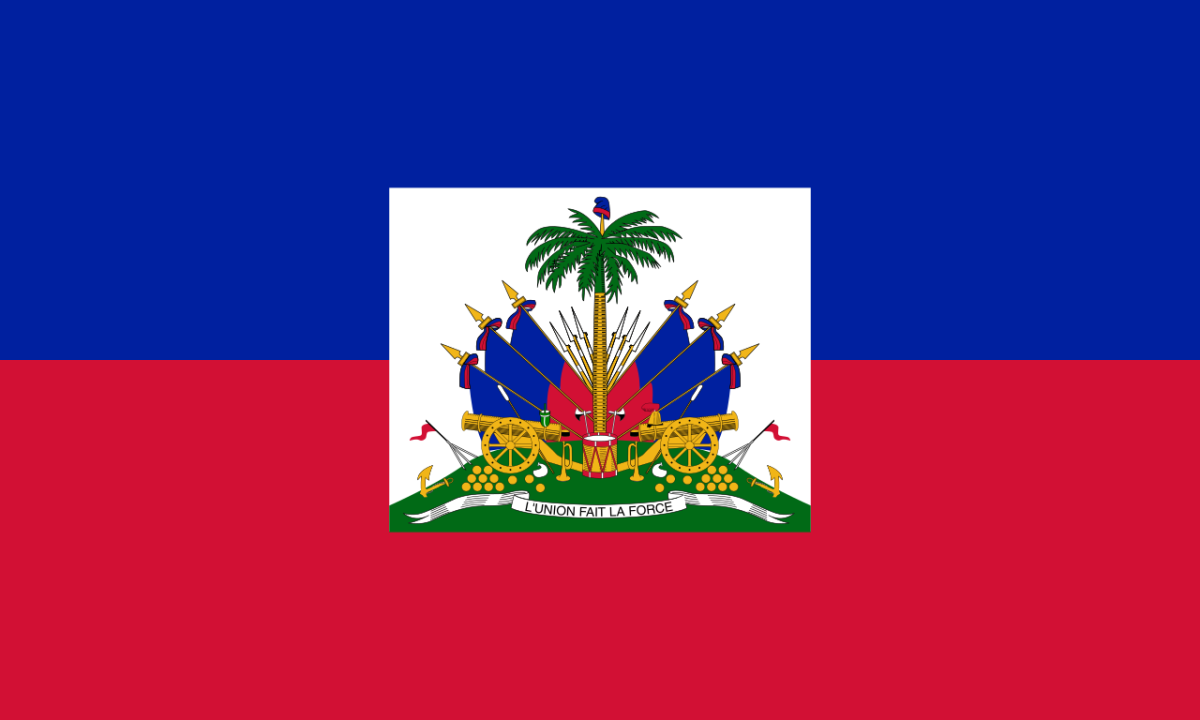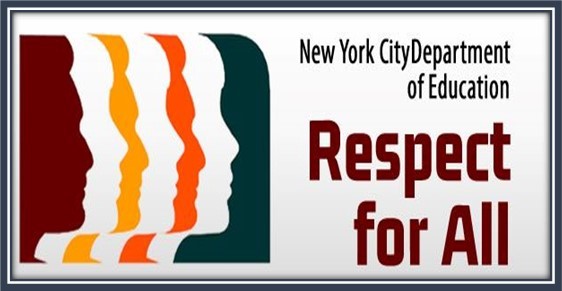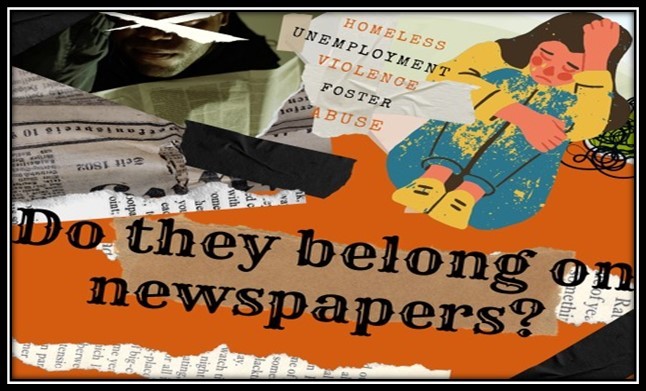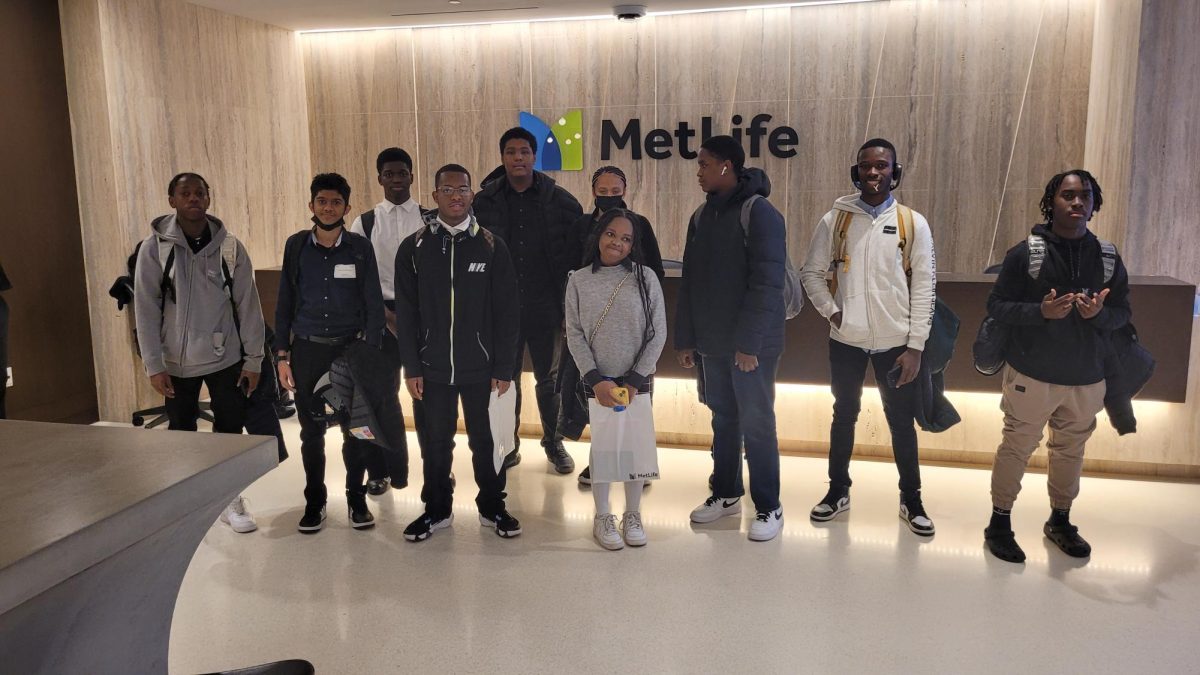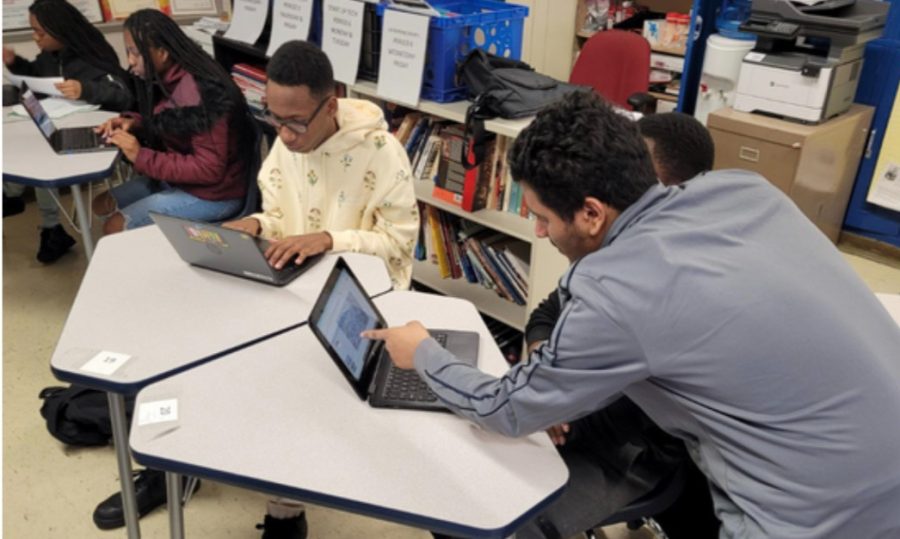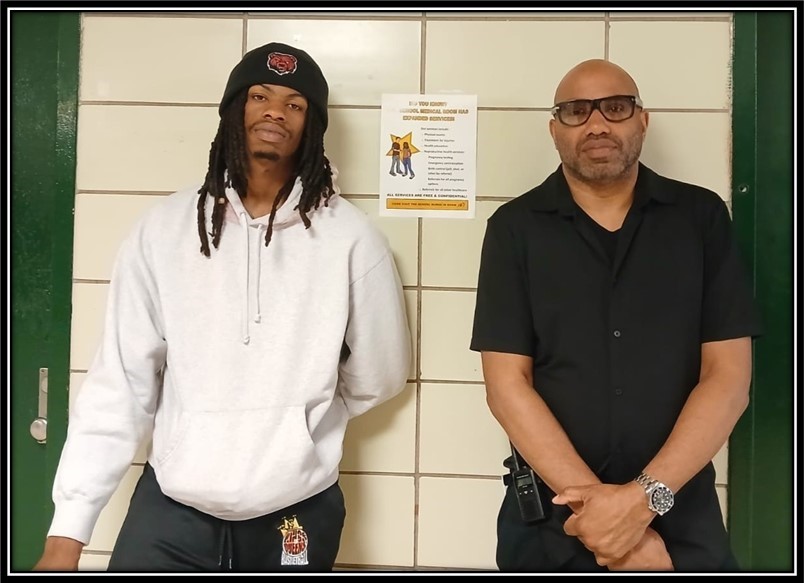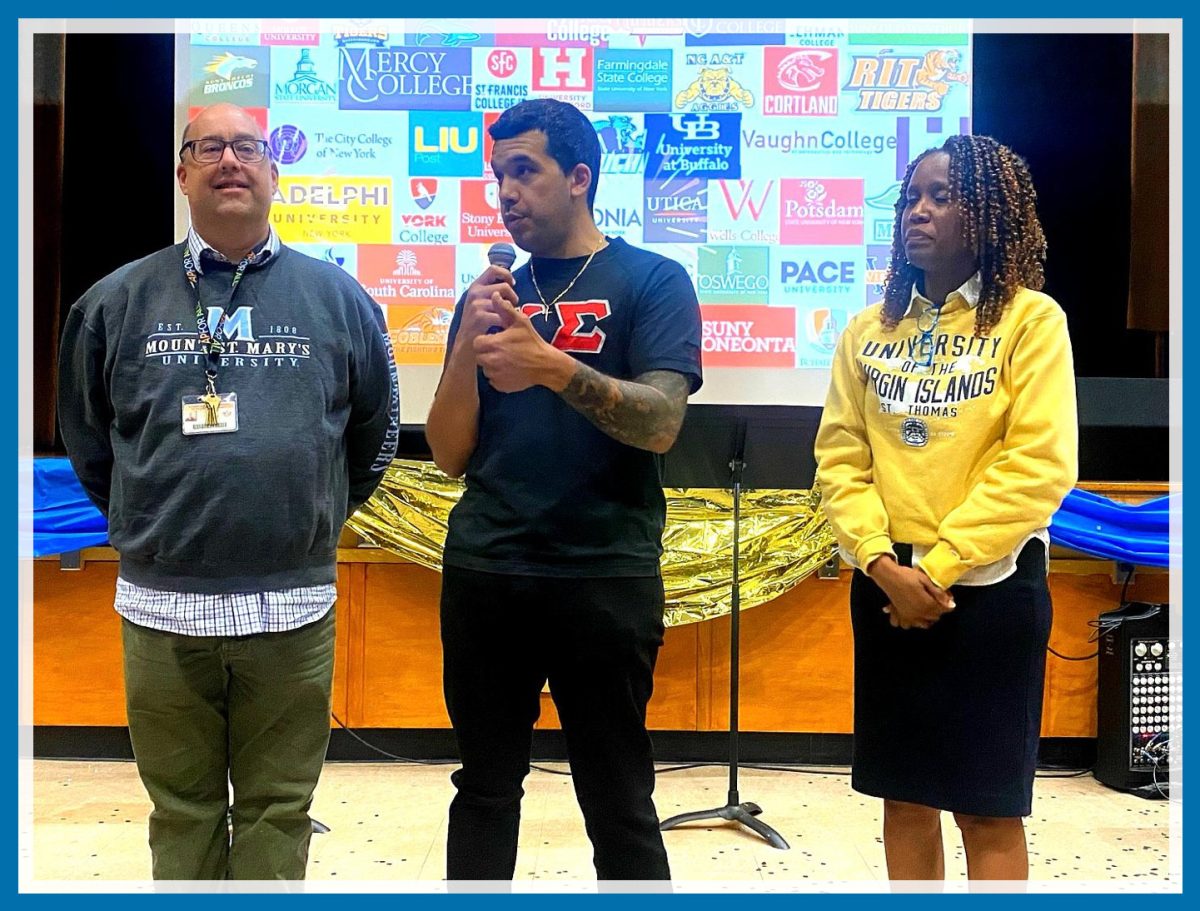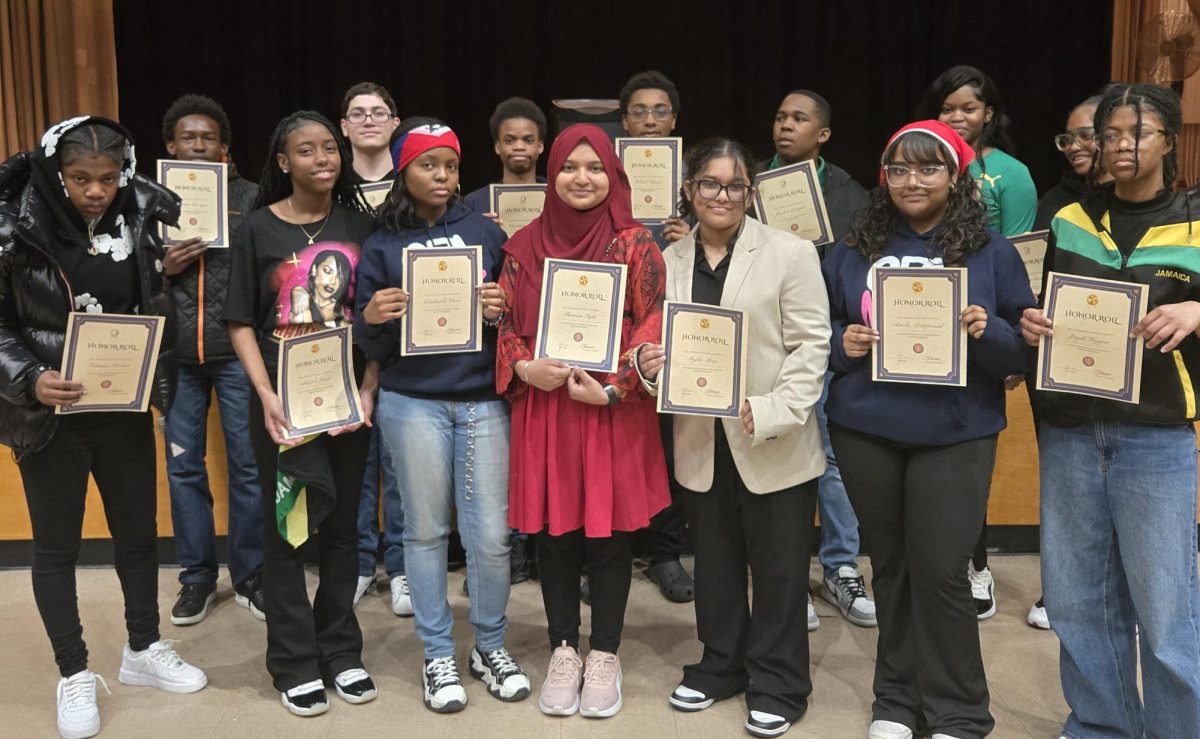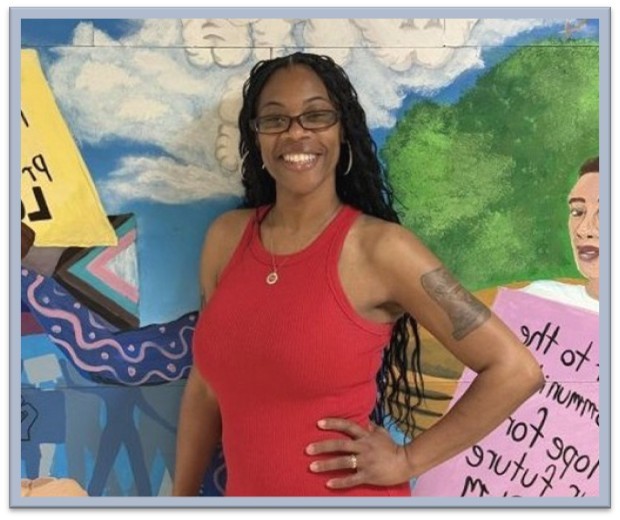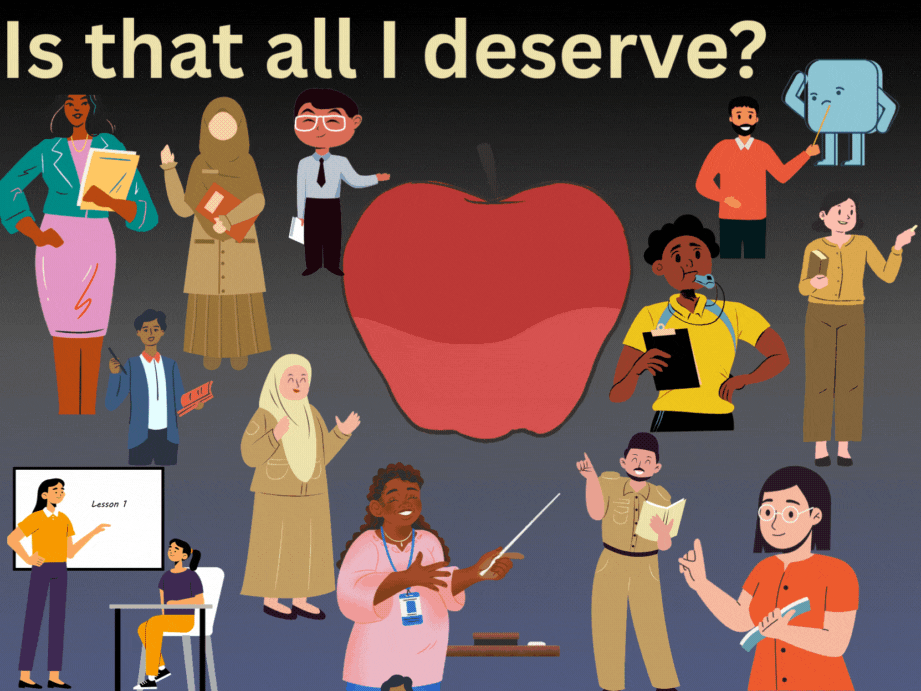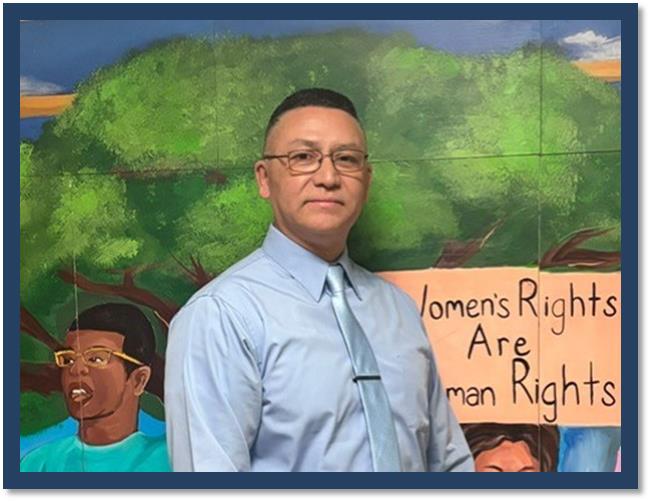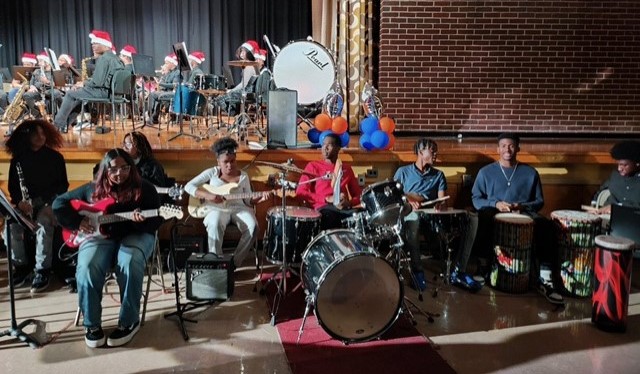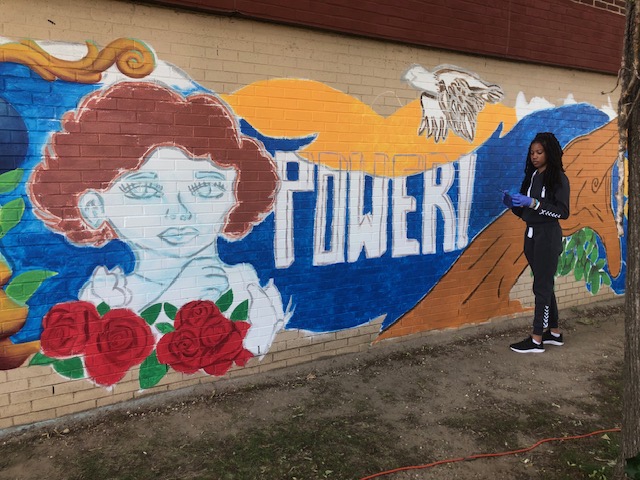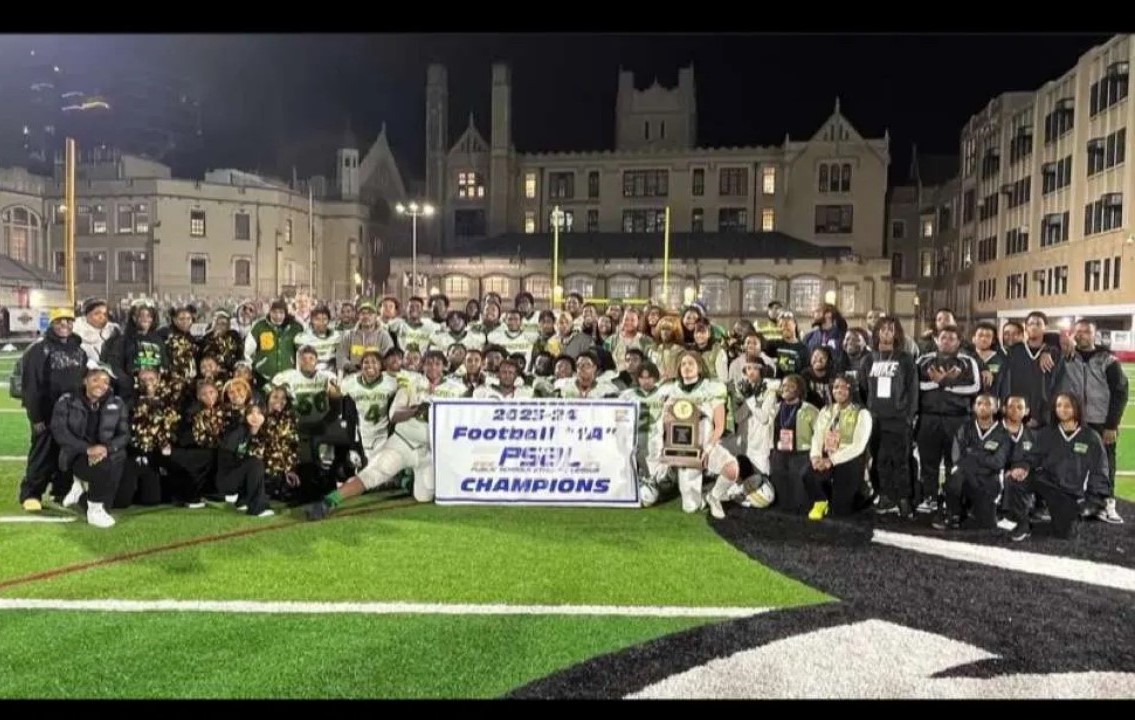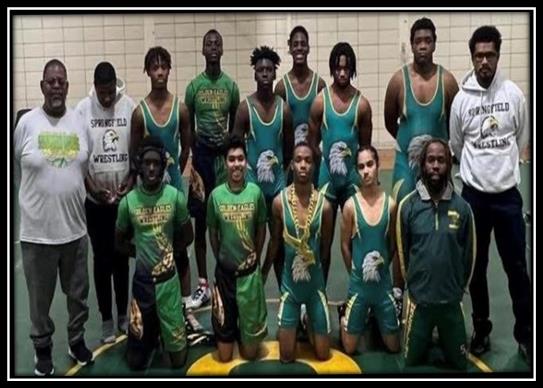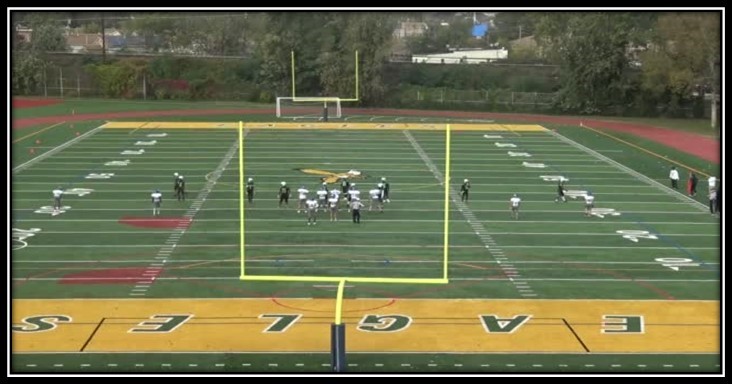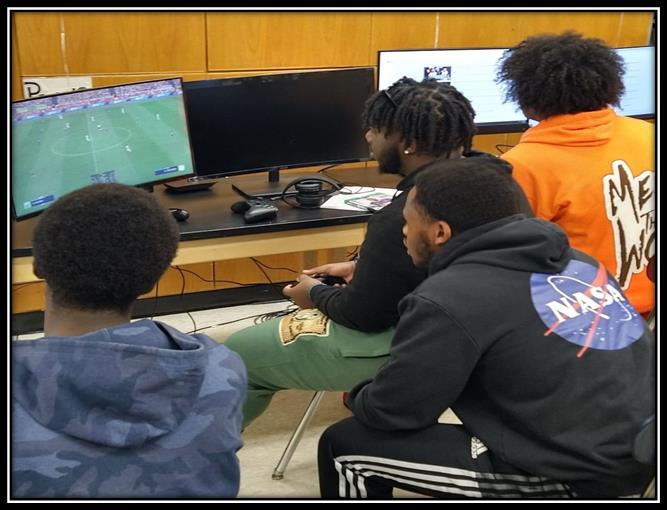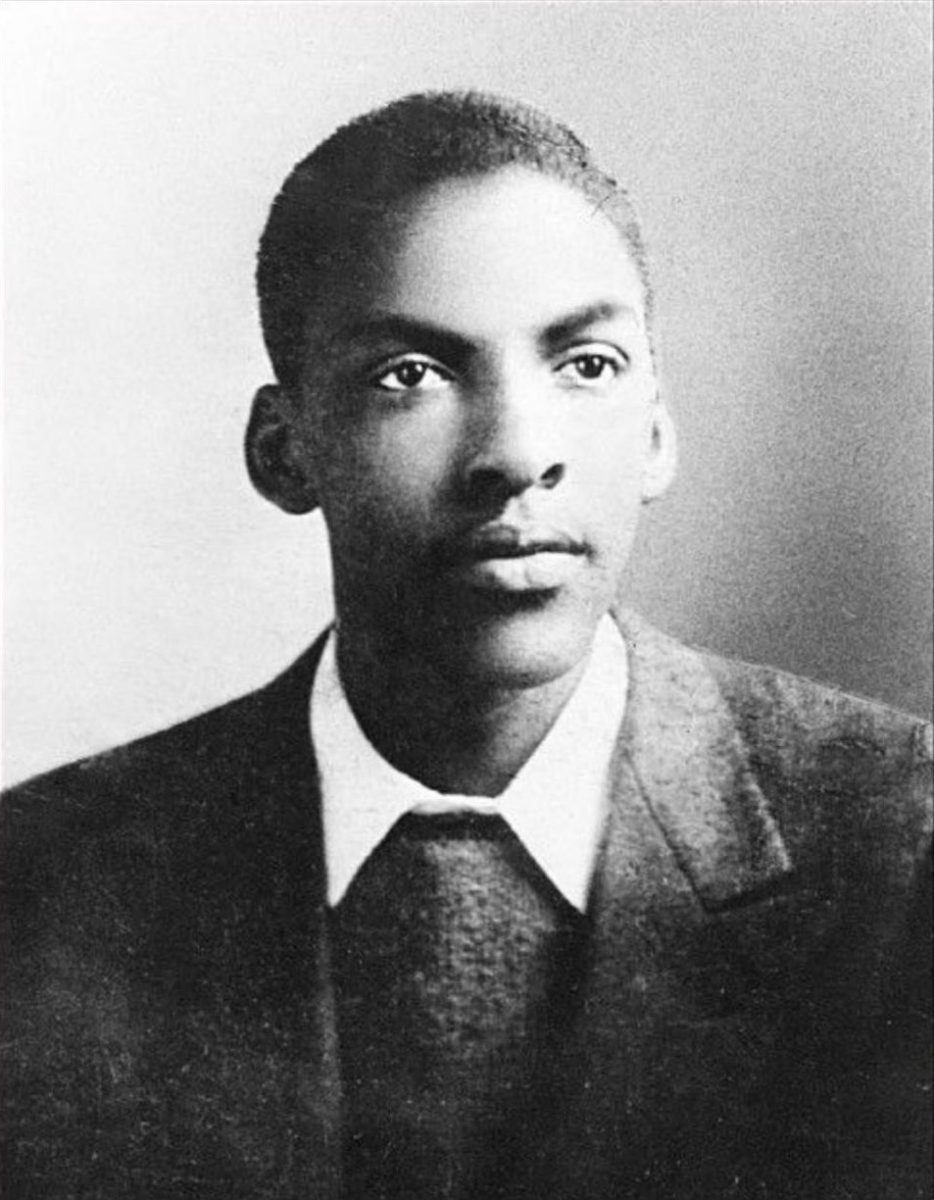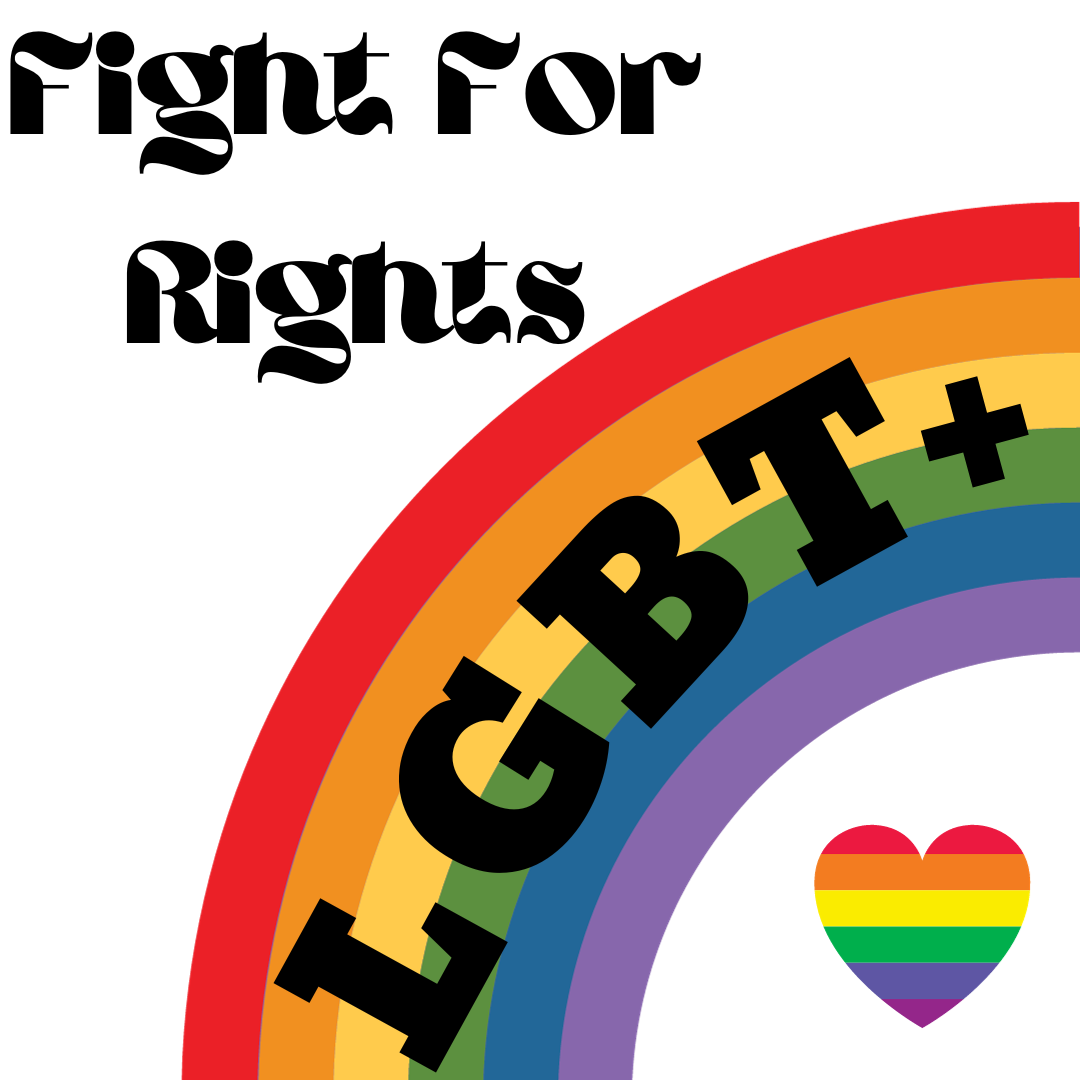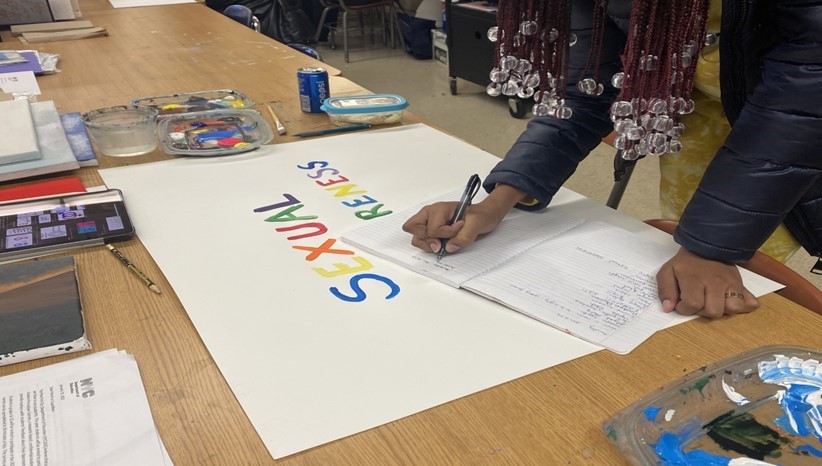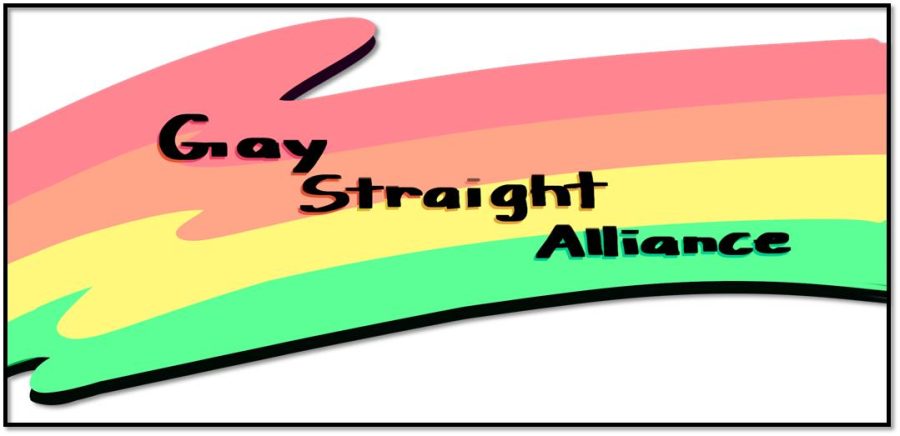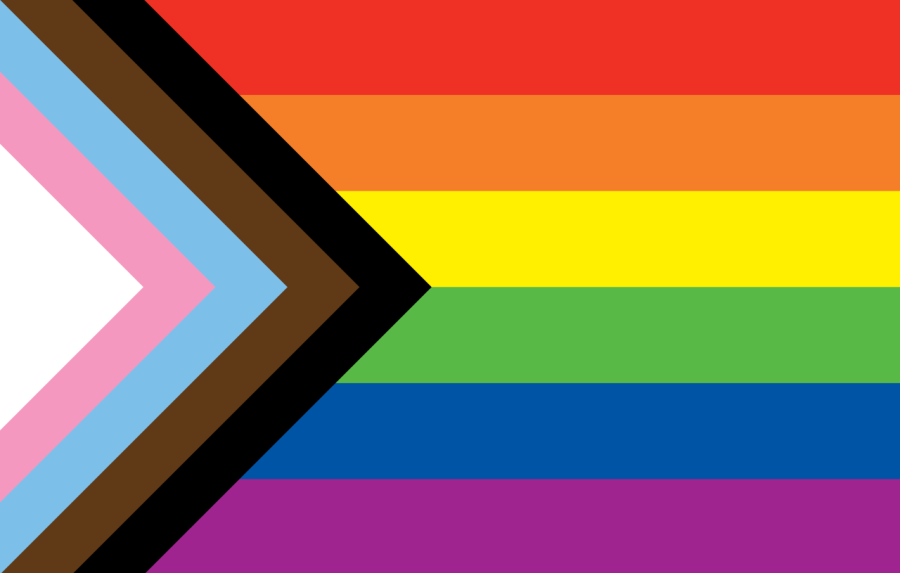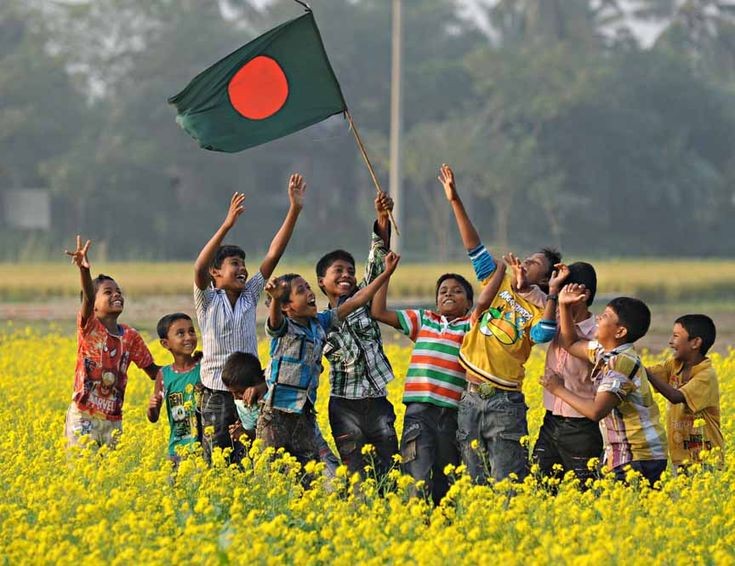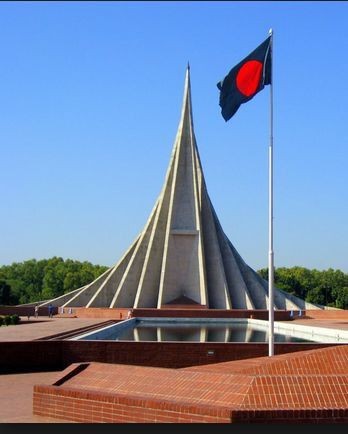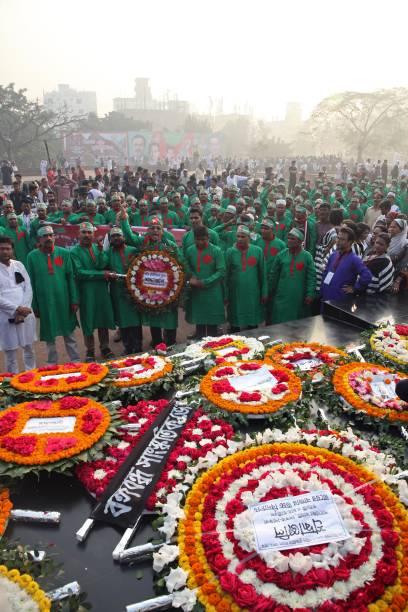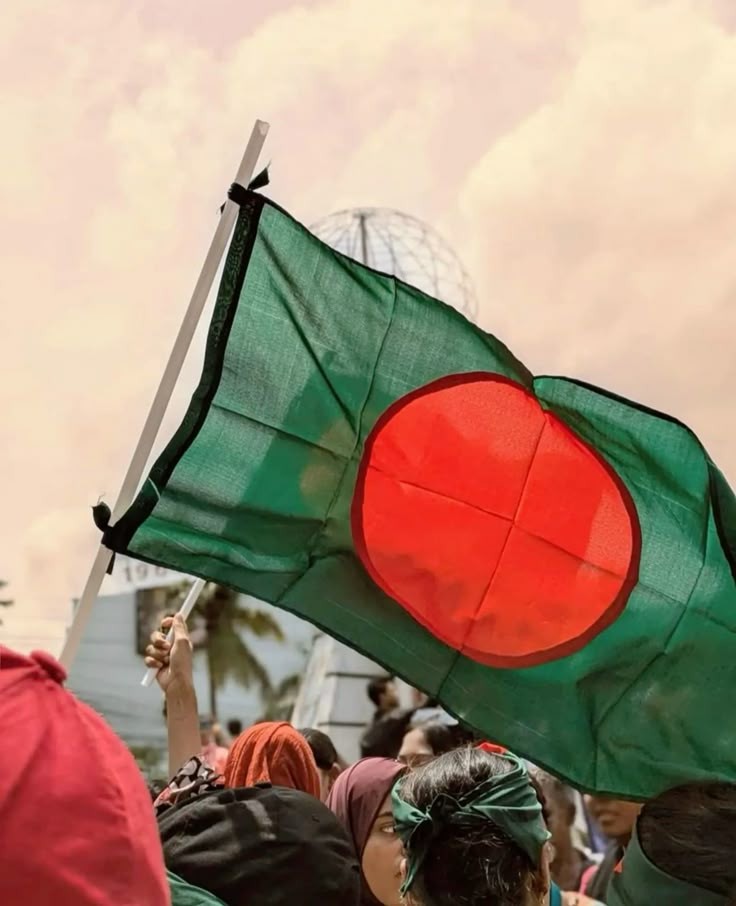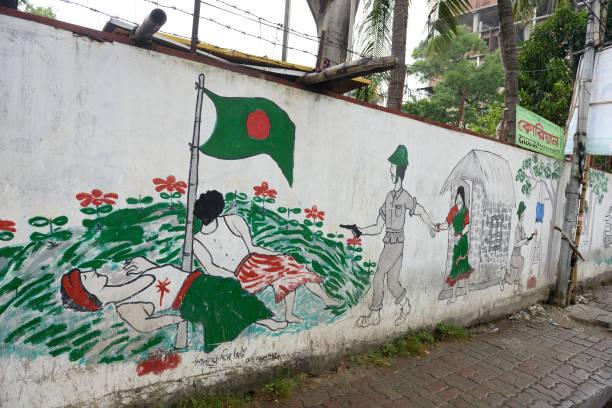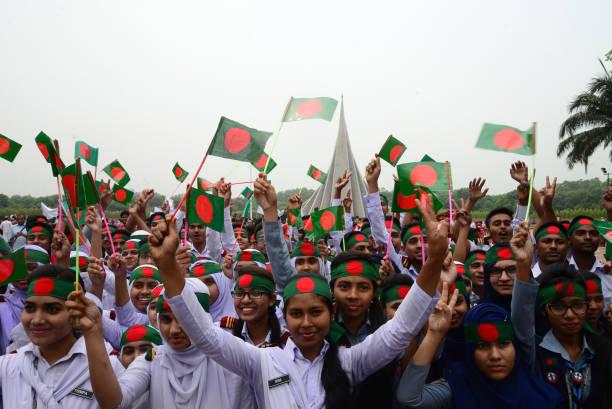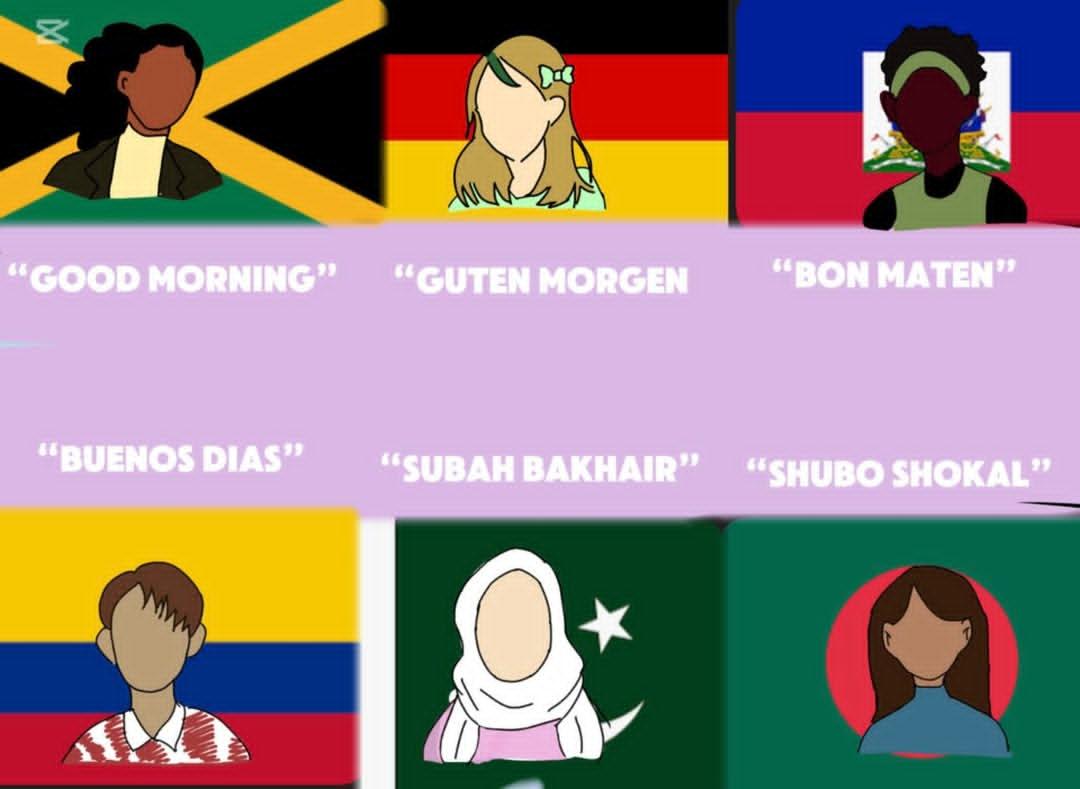At Queens Preparatory Academy we are proud to host a growing Bangladeshi Community. March is particularly a joyful month for this community, as it marks a significant moment in their history. On March 26th each year, they celebrate Bangladesh’s Independence Day, a day that commemorates the declaration of Bangladesh as an independent, sovereign state in 1971.
A Little Throwback
In 1947, British India was divided into India and Pakistan along religious lines. While both countries had Muslim majorities, Pakistan was split into two regions: West Pakistan and East Pakistan (Bangladesh). Despite sharing the same religion, the regions had significant ethnic, linguistic, and cultural differences. Bengali people faced economic, political and cultural segregation from West Pakistan. Economically, East Pakistan (Bangladesh) contributed heavily to the country’s resources, particularly through agriculture and trade, but received little in return, leading to widespread resentment.
Cultural alienation was another factor, as the Bengali language and traditions were overshadowed by the dominance of Urdu, further deepening the divide. Another thing that ignited the fire for Independence was the election of 1970. East Pakistan had a significant population and won a majority in the 1970 elections, but the central government in West Pakistan refused to grant them political power, leading to feelings of disenfranchisement. On March 26, 1971, Bangladesh officially declared its independence from Pakistan.
This came after months of escalating political tension, particularly following the March 7 speech by Sheikh Mujibur Rahman, leader of the Bangladeshi political party Awami League, in which he called for civil disobedience and resistance to West Pakistan’s oppressive policies. The Pakistani military, in response, launched “Operation Searchlight,” a brutal crackdown on Dhaka and other cities in East Pakistan, leading to widespread violence and atrocities. In the face of this military repression, Sheikh Mujibur Rahman declared Bangladesh’s independence, marking the beginning of the Bangladesh Liberation War, which eventually led to the country’s independence on December 16, 1971.
A Time of Celebration
This day is a moment of pride for Bangladeshi people, marking their hard won independence. This is also a national holiday in Bangladesh. The day begins with 31 gun salutes at dawn and the national song “Amar Shonar Bangla” to pay respects to the martyrs of the liberation war. In a tribute, the President and the Prime Minister lay wreaths at the National Martyr Memorial in Savar, paying homage to the heroes. The national flag is hoisted at every school, college, hospital, office and home. Even Bangladeshi embassies around the world hoist the national flag. At 6:00 AM, a moment of silence is observed throughout the country, allowing people to reflect on the historic declaration of independence and remember the sacrifices that paved the way for a sovereign Bangladesh.
Schools and colleges hold ceremonies to commemorate the day, which includes reciting patriotic poems about the independence and country’s history. Students also perform patriotic songs like “O Amar Desher Maati” and other titles celebrating the struggle for freedom. Television and radio stations broadcast special programs, documentaries, and films about the Liberation War. Many people wear red and green, the colors of the Bangladeshi flag. Students also create artworks and banners like images of the Father of the Nation Sheikh Mujibur Rahman, and photos from the Liberation War to decorate their schools. All around the country people decorate with fairy lights, posters and banners. There are also festivals in public places for people to celebrate.
Impact on Today’s Youth
In Bangladesh, independence day fosters national pride, patriotism and civic responsibility, particularly among the youth. By celebrating this day we educate them about the sacrifices made for a free independent country. This day is not only about remembering the past but also about inspiring cultural expression and unity. It brings people from different backgrounds together, reinforcing the importance of solidarity in a diverse nation.
Each year as we celebrate independence day, a new generation of young people connect with the legacy of their ancestors. They are reminded of the values that it took to build a nation and encouraged to carry forward the spirit of independence. As they reflect on the courage and determination of those who fought for freedom, they are inspired to contribute positively to society, ensuring that the principles of independence, liberty, and justice continue to guide the nation for generations to come. Therefore, celebrating Independence Day is essential, as it nurtures a sense of pride, unity, and responsibility, ensuring that the nation’s future remains bright and strong.
QPA Speaks Out
At QPA, Bangladeshi culture and history are celebrated with pride. ELA teacher Labony Khan believes the story of Bangladesh’s Liberation War teaches powerful lessons about perseverance. “Despite all the struggles, we never gave up and today we have a prospering nation.” she said. “History teaches us how to overcome challenges,” she says.
The impact of this cultural appreciation is deeply felt by students. According to sophomore Afrin Mou,”I feel very proud as a Bengali when I see my peers learning about our independence.” she says. “It makes me feel seen and respected.” Learning about our history not only makes us more confident in who we are, but it also teaches others to appreciate diversity. Freshmen Injila Moin shares the same sentiment. “We should be proud of our identity. It’s important for everyone to know where we come from.”
By honoring Bangladeshi history, QPA creates a space where students feel proud of who they are, while encouraging others to appreciate diverse cultures and shared values.
A Lesson from History
In every corner of the world history is a source of great inspiration. The fight for freedom in Bangladesh is not only about gaining sovereignty, but also about the unshakable courage, unity, and determination of its people. Through this lens, all students are discovering how history shapes identity and fuels pride in one’s roots. ELA teacher Ms. Labony Khan reflects on the importance of that hard-earned freedom. “If we didn’t have independence in Bangladesh, we wouldn’t be able to mark our culture around the world,” she said. “Our independence gave us the power to preserve our traditions and share them proudly with others. It’s a legacy that continues to inspire.”
The spirit of the Liberation War encourages students to appreciate their heritage while embracing the universal values of perseverance, pride, and unity.

